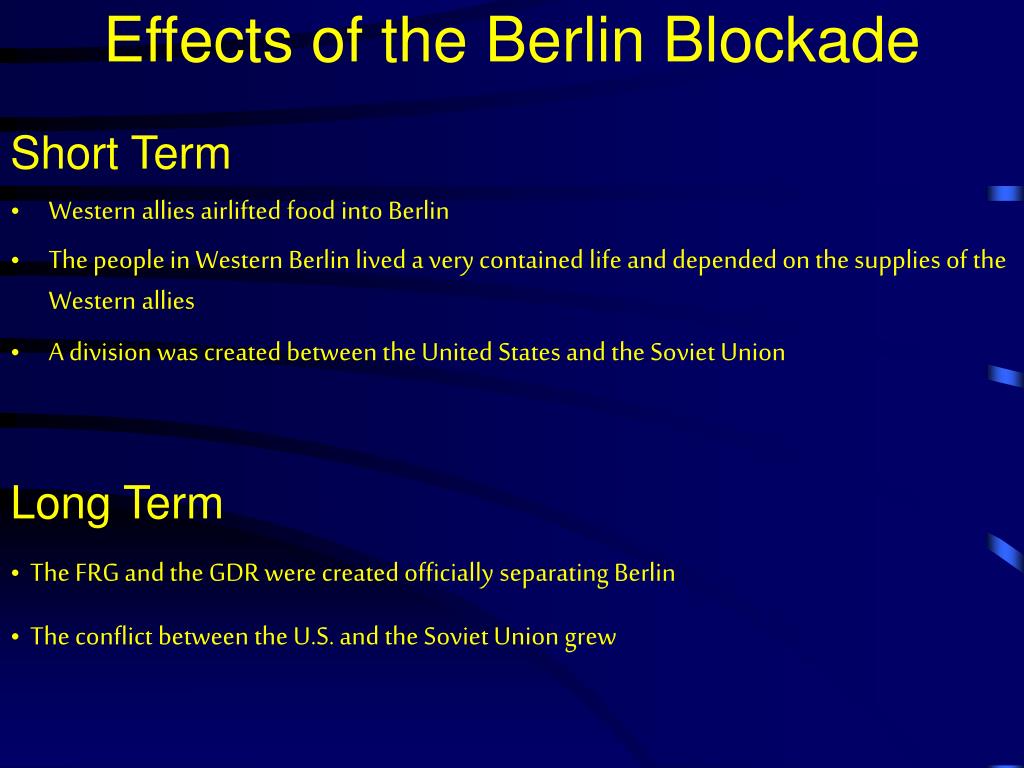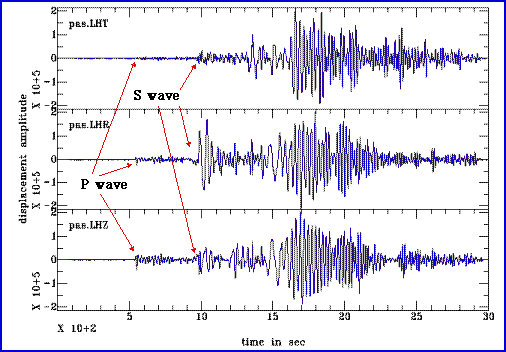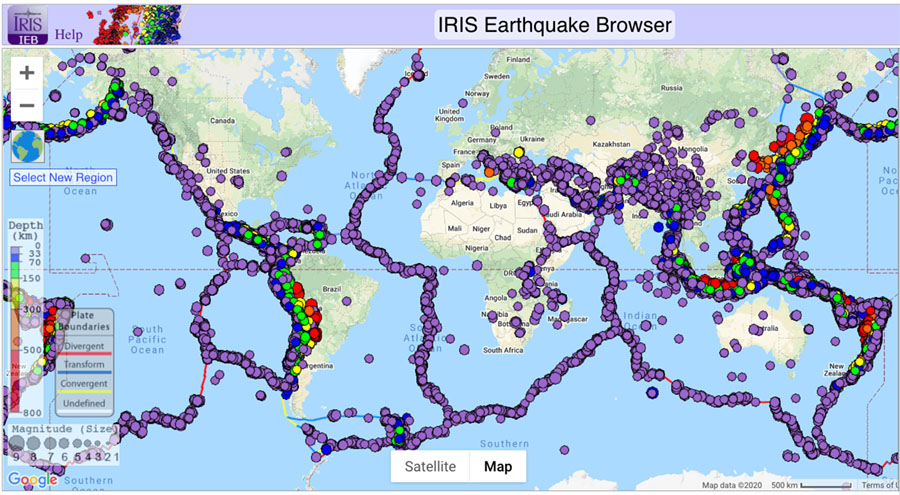The Berlin Order: A Seismic Shift In The World Order? Analyzing Its Lengthy-Time period Impacts
The Berlin Order: A Seismic Shift within the World Order? Analyzing its Lengthy-Time period Impacts
Associated Articles: The Berlin Order: A Seismic Shift within the World Order? Analyzing its Lengthy-Time period Impacts
Introduction
With enthusiasm, let’s navigate by way of the intriguing matter associated to The Berlin Order: A Seismic Shift within the World Order? Analyzing its Lengthy-Time period Impacts. Let’s weave attention-grabbing info and provide contemporary views to the readers.
Desk of Content material
The Berlin Order: A Seismic Shift within the World Order? Analyzing its Lengthy-Time period Impacts

The phrase "Berlin Order" lacks a universally accepted, singular definition. It is not a proper treaty or settlement just like the post-WWII Bretton Woods system. As a substitute, it represents a fancy and evolving set of geopolitical and financial preparations that emerged within the aftermath of the Chilly Conflict and the reunification of Germany, considerably shaping the worldwide order within the early twenty first century. Understanding its affect requires analyzing a number of key sides: the shifting stability of energy, the rise of globalization, the evolving function of establishments, and the challenges to the liberal worldwide order.
The Shifting Steadiness of Energy: The autumn of the Berlin Wall and the following collapse of the Soviet Union dramatically altered the worldwide energy dynamic. The unipolar second, dominated by the USA, created a brand new context for worldwide relations. The Berlin Order, on this context, displays the makes an attempt – each profitable and unsuccessful – to handle this new actuality. The US, initially having fun with unparalleled affect, sought to form the worldwide order based on its liberal democratic beliefs, selling free markets, democracy, and worldwide cooperation by way of establishments just like the UN and NATO. Nonetheless, this unipolarity was removed from absolute. The resurgence of Russia, the rise of China, and the continued existence of regional powers all challenged US hegemony and contributed to a extra multipolar world. The enlargement of NATO eastward, a key factor of the post-Chilly Conflict safety structure, was seen by some as a provocative act, fueling tensions with Russia and contributing to the present geopolitical instability.
Globalization and Financial Interdependence: The Berlin Order witnessed an unprecedented surge in globalization. The collapse of communism opened up huge new markets, accelerating the combination of beforehand remoted economies into the worldwide system. This led to elevated commerce, funding, and technological alternate, fostering financial development in lots of components of the world. Nonetheless, globalization additionally introduced its personal set of challenges. The widening hole between wealthy and poor nations, the exploitation of labor in growing international locations, and the vulnerability of nationwide economies to international monetary crises all turned distinguished issues. The 2008 monetary disaster, originating within the US however impacting the worldwide financial system severely, highlighted the fragility of this interconnected system and the necessity for higher regulatory frameworks. The Berlin Order’s response to those challenges was uneven, with worldwide cooperation usually lagging behind the tempo of globalization.
The Evolving Position of Worldwide Establishments: The post-Chilly Conflict period noticed a big evolution within the function and effectiveness of worldwide establishments. The UN, initially conceived as a discussion board for multilateral diplomacy, confronted challenges in adapting to the altering international panorama. Its Safety Council, dominated by the 5 everlasting members with veto energy, usually struggled to succeed in consensus on essential points, hindering its effectiveness in addressing conflicts and selling peace. Different establishments, such because the World Commerce Group (WTO), performed a vital function in regulating worldwide commerce, however confronted criticism for its perceived bias in the direction of developed international locations and its lack of ability to handle points like commerce imbalances and mental property rights successfully. The Worldwide Financial Fund (IMF) and the World Financial institution, whereas essential in offering monetary help to growing international locations, additionally confronted criticism for his or her conditionalities and their perceived affect by highly effective nations. The Berlin Order, due to this fact, displays each the continued significance of those establishments and the rising requires reform to reinforce their legitimacy and effectiveness.
Challenges to the Liberal Worldwide Order: The years following the autumn of the Berlin Wall witnessed a big enlargement of liberal democratic values and establishments globally. Nonetheless, this progress has been uneven and challenged by varied elements. The rise of populism, nationalism, and authoritarianism in a number of international locations, together with Russia and China, immediately opposes the liberal worldwide order’s core tenets. These challenges manifest in varied methods: the erosion of multilateralism, the growing use of unilateralism and protectionism, and the rising skepticism in the direction of worldwide establishments. The warfare in Ukraine, for instance, represents a big problem to the post-Chilly Conflict safety structure and the rules-based worldwide order. Russia’s actions spotlight the restrictions of worldwide establishments in deterring aggression and the enduring relevance of energy politics. The rise of China, whereas contributing considerably to international financial development, additionally presents a problem to the present order with its assertive international coverage and its different mannequin of governance.
The Way forward for the Berlin Order: The Berlin Order shouldn’t be a static entity. It is a continuously evolving set of preparations formed by ongoing geopolitical and financial modifications. The way forward for this order stays unsure. A number of situations are potential:
- A continued decline of the liberal worldwide order: This situation sees an additional erosion of multilateralism, an increase of nice energy competitors, and a fragmentation of the worldwide system into competing spheres of affect.
- A reformed liberal worldwide order: This situation includes a revitalization of present establishments, a higher emphasis on inclusivity and fairness, and a more practical response to international challenges equivalent to local weather change and pandemics.
- A brand new world order: This situation includes a basic restructuring of the worldwide system, probably with new establishments and norms rising to switch the present ones.
The exact trajectory will rely upon a number of elements, together with the actions of main powers, the evolution of worldwide establishments, and the response of the worldwide group to international challenges. The present geopolitical panorama, characterised by rising tensions between main powers, growing financial inequality, and the resurgence of nationalism, suggests a interval of great uncertainty and transformation. Understanding the historic context of the Berlin Order, its successes and failures, is essential for navigating this unsure future and shaping a extra steady and simply international order.
The "Berlin Order," whereas not a proper settlement, represents a vital interval of worldwide restructuring. Analyzing its impacts – from the shifting stability of energy to the challenges confronted by worldwide establishments – supplies useful insights into the present state of the worldwide system and the potential pathways for its future evolution. The continued tensions and challenges spotlight the necessity for a crucial reassessment of the present order and a concerted effort to handle the underlying points driving international instability. The long run, nevertheless, stays unwritten, and the approaching many years will decide whether or not the Berlin Order’s legacy is considered one of progress or a prelude to a extra fragmented and conflict-ridden world.








Closure
Thus, we hope this text has offered useful insights into The Berlin Order: A Seismic Shift within the World Order? Analyzing its Lengthy-Time period Impacts. We hope you discover this text informative and useful. See you in our subsequent article!